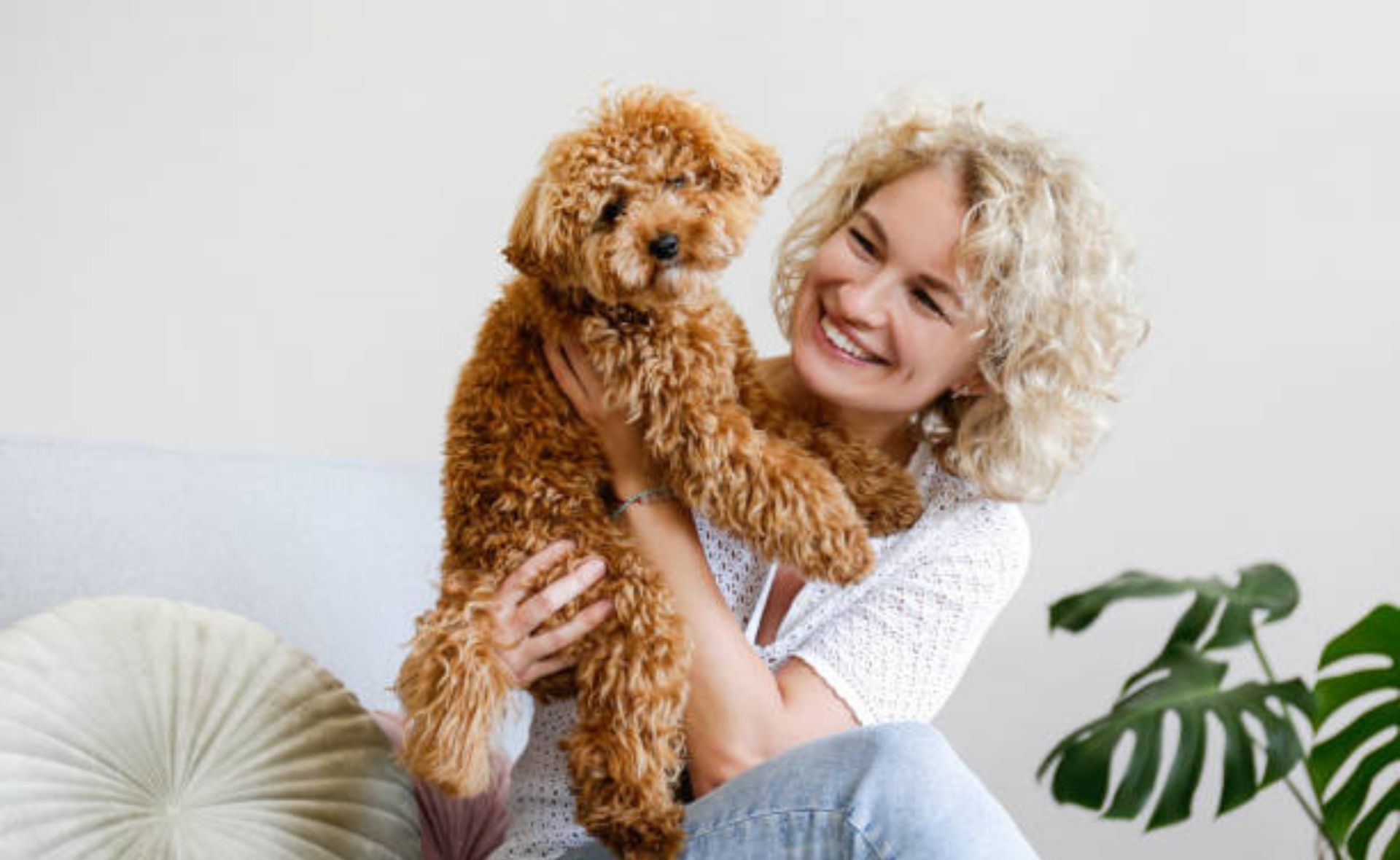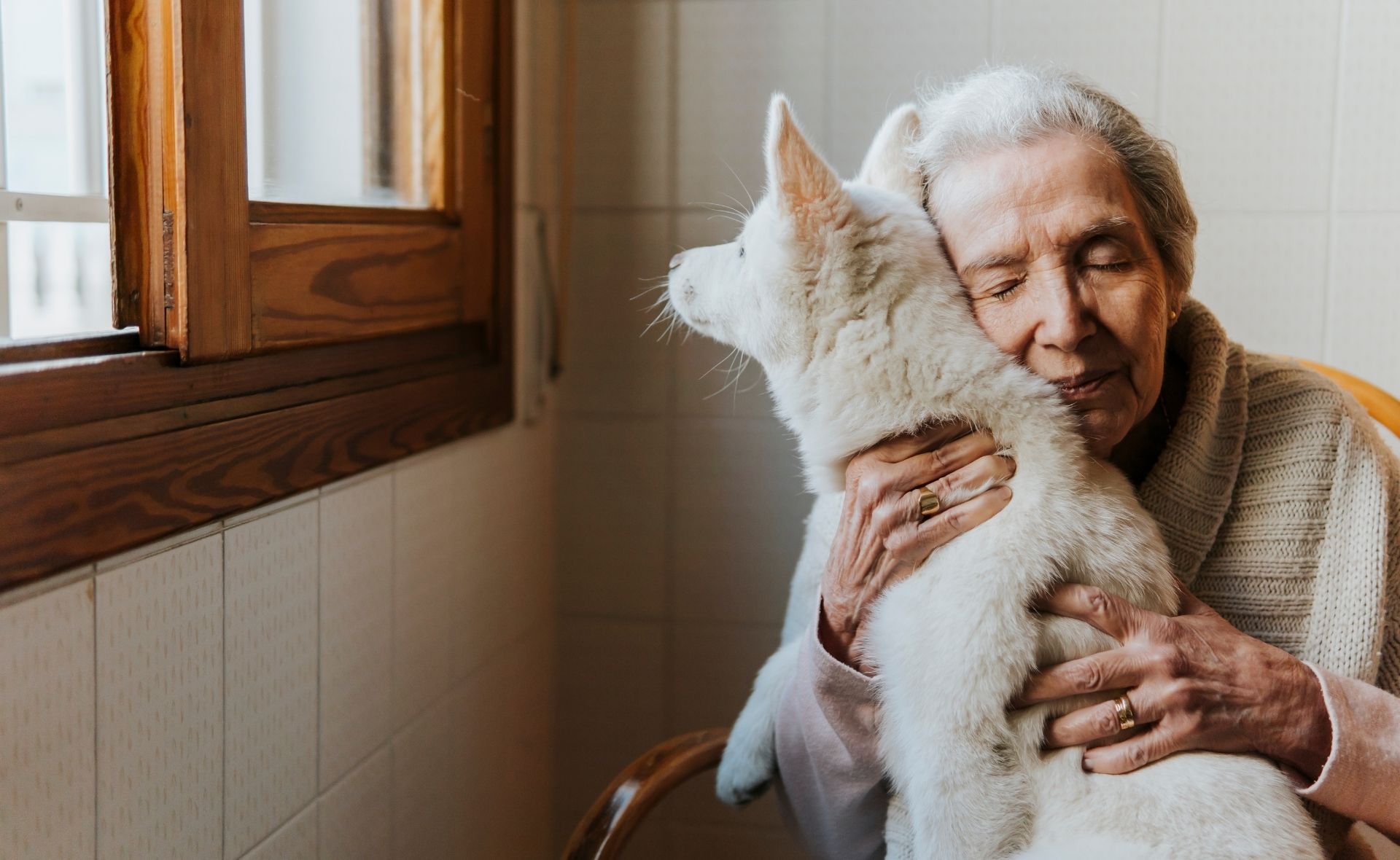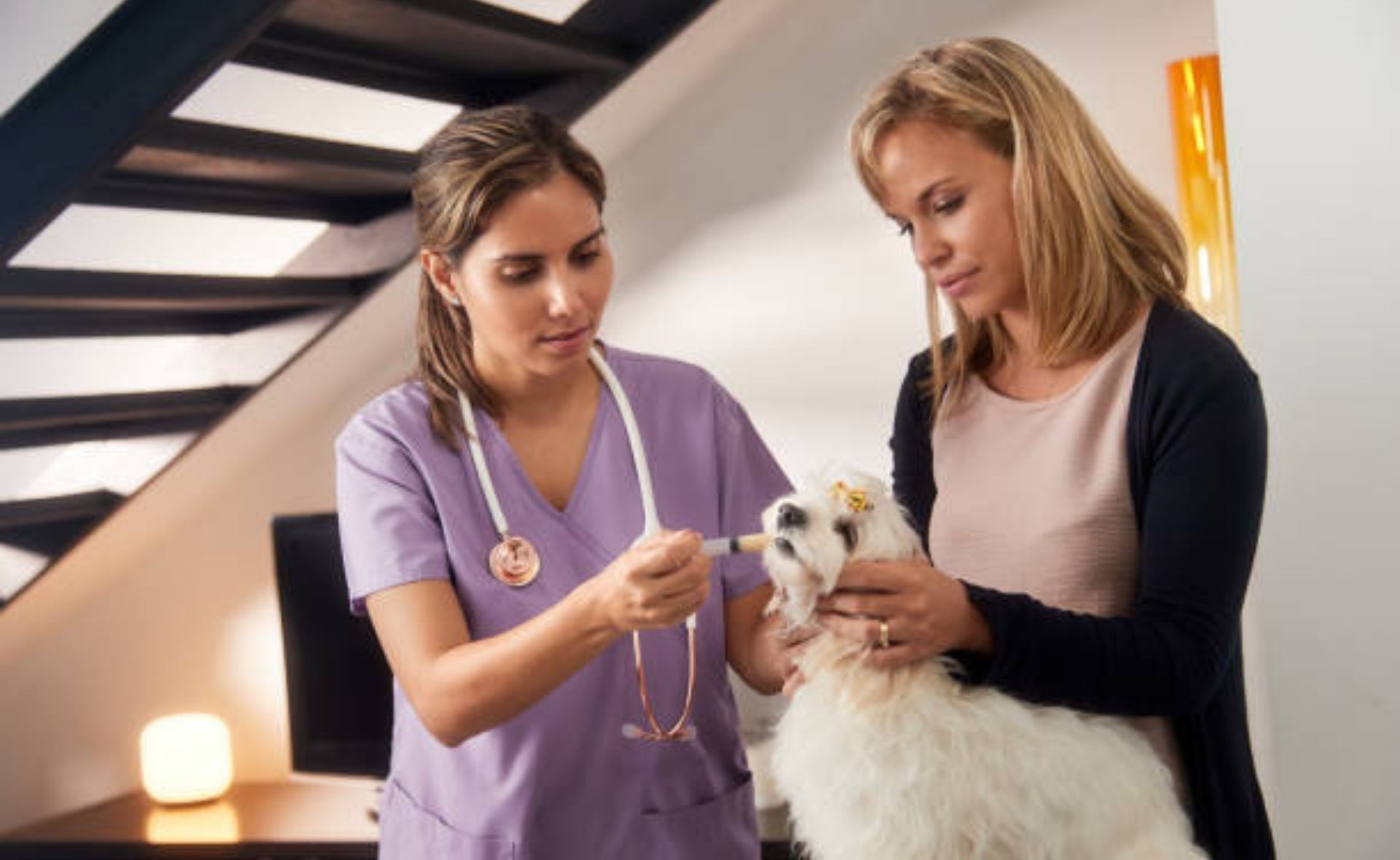Whether your dog is just a pup or a seasoned member of the household, it goes without saying that we love our furry friends and always want to make sure that they are healthy, happy and, let’s be honest, thriving.
But every now and then, despite our best intentions and buckets of love, our dog’s health can falter. It happens. Some things are out of our control (think: genetics and freak accidents) but there are plenty things that we can control, like nutrition, weight, exercise and sleep
Nutrition
Nutrition is of the utmost importance for dogs of every size, age and breed; this is especially true when they’re in the ultra-cute puppy stage.
In those first few months of life, puppies go through an amazing transformation and their diet needs to be tailored accordingly. As Dr. Corey Regnerus, a veterinarian with Royal Canin explains, “Puppy diets are specifically formulated to have the right amounts of all the vitamins and minerals they need to grow safely.”
“Unlike adult dogs, puppies lack the ability to control how much they absorb some nutrients from their food,” Dr. Regnerus continues, “this becomes increasingly important with certain minerals like calcium and phosphorus.” Did you know that puppy bones develop to be four times as strong as concrete? A solid calcium intake is important (!); however, too much calcium can result in abnormalities like curved bones. That’s why it’s best to leave the specifics to the experts. Royal Canin’s puppy range has been formulated by vets and animal nutritionists with tailored options, depending on the age, breed and size of your growing pooch.
For older dogs, more and more human-based food trends (example: grain-free, raw and paleo) are making their way into the pet aisle of your local supermarket. However, experts advise not to jump straight into fad dies for your pets without consulting your veterinarian to ensure it is safe and appropriate for your pet. The easiest option? Stick with a premium, nutritionally balanced formula that puts your pet’s interests first.
Weight
Weight management is a huge issue for dogs as they move through life, with research showing that more than 50% of Australian pets are considered overweight. Just as we need adequate nutrition to give us energy and fuel our bodies, so do our pets. If left untreated, obesity can lead to other serious health complications, such as diabetes and joint disease.
If you’re concerned about your dog’s weight, your first port of call should be the vet’s office where they can calculate your pet’s Body Condition Score (BCS). Your vet can assess whether there are any underlying health issues that could be contributing to excess weight. From there, the vet will evaluate your dog’s current diet and tweak where necessary; they will likely recommend a premium pet food brand that is nutritionally complete and balanced. (FYI: Just reducing your pet’s current portion of food can lead to an unbalanced diet, that’s why we leave these matters to the professionals.)
Exercise
Every single dog needs daily exercise – this is a non-negotiable! As a general rule, dogs need to get up and moving for between 30 minutes and two hours per day. Larger breeds, such as golden retrievers, border collies and shepherds, will need the most amount of exercise as they have to move such a large frame. Whereas smaller breeds, including toy breed dogs and terriers, don’t require as much aerobic activity.
Most dogs won’t exercise themselves, even if they do have the space – it’s on you to make sure your pet is hitting his/her daily target. However, there is one exception: puppies that are still growing, which can take 18–24 months for large and giant breeds, like Great Danes. When they’re pups, low impact exercise opportunities, such as swimming, can help balance their physical activity needs, while limiting any potentially damaging pressure on their developing joints and bones.
Lack of exercise can lead to weight gain, join issues and behavioural problems, such as barking, digging and hyperactivity. So get walking!
Sleep
Regardless of their age, our pet dogs need a lot of shut-eye to help them get through the day. In the wild, canines spent their days snoozing and our domesticated pooches are much the same.
While in the puppy stage, dogs need between 15 and 20 hours of sleep per day; this helps their central nervous system, immune system and muscles to develop properly. But rest assured, when they wake up, you’ll know about it.
The average fully-grown pooch sleeps for 12 to 14 hours each day. If your dog is sleeping more than this, and seems disconnected or lethargic, it’s time to visit to the vet for a check-up.
Is your dog a bit older? Senior dogs need more sleep than adult dogs as they take longer to recover from physical exertion. However, if your dog is mature, sleeping more than usual and is finding it more difficult to stand and walk than usual, this could be a sign of developing arthritis.
To find out how healthy your dog really is, take the below quiz!
Brought to you by Royal Canin




